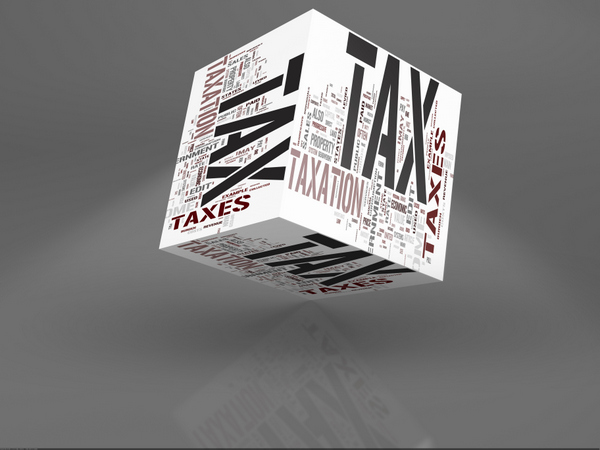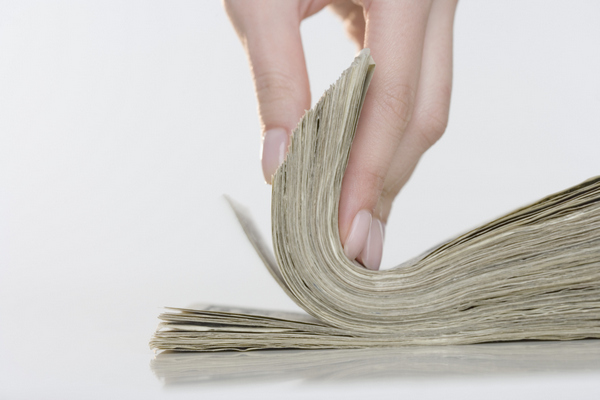Being self-employed allows you to be your own boss, set your own hours, do something you love, and reap all the benefits of owning a business, instead of working for someone else on their terms. If you are self-employed, there’s a lot more to running the business than you may have been aware of before taking the entrepreneurship plunge, including long hours, stress, and very little money.
Another facet of being self-employed that most people don’t realize is that there is a self-employment tax that needs to be paid when you file your taxes. These self-employment taxes are used to fund Social Security and Medicare, similar to the deductions you would see on a pay stub from an employer. Some self-employed individuals don’t realize just how much money they’ll end up spending in self-employment taxes. Luckily, there are ways that you can lower your self-employment taxes instead of owing a small fortune.
Self-Employment Tax Deduction
Although you have to pay self-employment taxes, you can claim self-employment as a tax deduction on you taxes, which can help to reduce the amount you will owe. When you fill out a 1040, the IRS allows you to deduct a certain percentage of your self-employment tax (usually around 50 percent or so based on your income).
Detailed Business Expenses
Your self-employment tax total is based on your net income. This number is a result of your total gross income (all money earned by the business) minus any business expenses (such as paying bills). The total you get is your net profit, and this is the amount you are taxed on. For example, if your business earned $200,000 gross income, and you spent $150,000 on business expenses, your company would have a net income of $50,000, and this is what you will be taxed on.
By reducing the net total, you will save money on taxes. The easiest way to do this is to keep detailed business expenses. An accounting program can be a great way for you to keep track of all business expenses, no matter large or small. Be sure to include items such as rent, utility payments, vendor payments, office supplies, business vehicle payments, and any other expense incurred by the company. The more expenses you have, the less net income your company has, and this can be a great way to lower your self-employment taxes and keep more money in your pocket.
S Corp Option
Instead of operating your company as a sole proprietorship, create a limited liability company or a corporation instead. This way, you will be able to make an S Corp election with the IRS when filing your taxes. The S Corp election allows you to pay yourself a salary out of the profits the company makes. For example, if your company profits $100,000, and you give yourself a $50,000 salary, you will then only have to pay taxes on $50,000 instead of $100,000. However, if you stay as a sole proprietorship and don’t opt for the S Corp election, you will owe taxes on the entire $100,000.
Becoming more knowledgeable on self-employment and business taxes can help you spend as little money on taxes as possible. Using financial software programs can be a great asset when it comes to filing your taxes, and professional tax consultants are always an option if it’s just too much for you to handle on your own.
Article Submitted By Community Writer.





